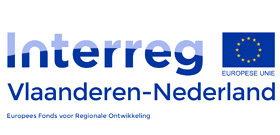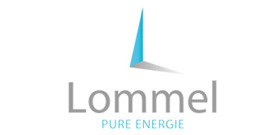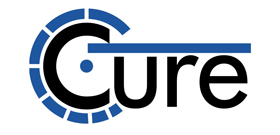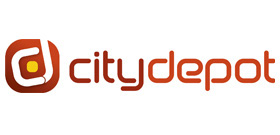The Materials Department of the municipality of Groningen organises a mini-symposium on hydrogen.
On January12th a ‘knowledge meeting’ was organised about the practical applications of hydrogen in the Automotive en Logistiek building of the Noorderpoortcollege. The Materials Department organised the meeting in collaboration with the Noorderpoortcollege. Car engineering students, interested colleagues from within and outside of the municipality and just about the entire Materials Department were informed about the current use of hydrogen as a fuel. The municipality has the ambition of being climate neutral by 2035 and from now on to be emission-free in the city centre. ‘A sustainable vehicle fleet goes with that. That’s why we want to be the first municipality which collects rubbish with a hydrogen vehicle. A car that is powered by hydrogen produces 0% emissions. The only thing that comes out is water vapour”.
The future is now
The future is now is what an enthusiastic Stefan Holthausen told the audience. The hydrogen car which he uses everyday was a prominent eye-catcher during the lecture. Stefan is director of a family business which specialises in the delivery and transport of all sorts of gases. The research arm of the company is investigating the possibilities for hydrogen in the transport world. Stefan showed the energy station which he would like to build in Groningen where, among other things, you would be able to tank-up on hydrogen. He challenged the students to work with the company, “Who's going to offer their moped? We'll turn it into a hydrogen moped!"
Hydrogen Kangoo delivery van
Stefan Neis, project manager at Waterstofnet ['Hydrogen Network’] explained the possibilities for hydrogen, how it is handled safely and the many sustainable hydrogen projects in Flanders and in the south of the Netherlands. Henryk Brinksma from Deo Drive already sells hydrogen cars like a hydrogen Renault Kangoo, which is 100% electric, doesn’t produce any emissions and which has a work radius of 320 km (almost 200 miles). “Filling up takes just 3 minutes. That’s a bit different than the hours that a normal electric cars takes.” André Beukers, director of E-Trucks Europe, also spoke. His company converts, among other things, rubbish collection vehicles. These now become electric vehicles, with the electricity produced by hydrogen. One of these rubbish vehicles has been used in Eindhoven for some time now.
Car conversion
“That was interesting,” said Lourens Doornbos from the work place afterwards. “It’s good to be brought up to date about the current state of this technology.” He and his colleague, Geert Bos, are talking about the possibility of converting a lorry into a hydrogen car in the work place. “If we spend time working on it, we'll get a good impression of the technology involved", said Geert. "Enlightening,” said Rompt Noordenbos. “A worthwhile meeting. It was good that the doubts were discussed, about the energy that has to be generated for this technology and whether the capacity is enough”. “Our students and teachers at the Noorderpoort are also enthusiastic about the lectures. We want to join in with these initiatives," said Hans Leenes, director of Noorderpoort Automotive. “We have to work together with the application of this new technology."
To be continued
“This is definitely going to be followed up,” explained Gerrit Griffioen. “We, the municipality, are in dialogue with businesses which can convert vehicles or supply them so that they work on electricity with hydrogen. We're thinking principally about vehicles which drive in the city centre, like rubbish collection vehicles, street cleaning machines and suchlike. We have to start converting the vehicles in such a way that the emissions measured are zero without it being at the cost of their practical use.. This is part of our responsibility to residents, employees and visitors to our city”.
Source:? Municipality of Groningen newsletter








